Neve McIntosh & Rudi Dharmalingham in David Greig's The Events, directed by Ramin Gray, 2013.
In 2008, the British Theatre Consortium, of which I am a founder member, was commissioned by Arts Council England to undertake research into the amount of new writing presented in the English theatre between 2003 and 2009. We surveyed the 89 regularly funded theatre organisations (including the national companies, the major reps and several touring and community theatres) and received replies from 65.
Between 1970 and 1985, new work had represented about 12% of productions in the English theatre. In the 90s that proportion rose to around 20%. We found that by 2008, in our sample, the proportion had risen to over 40%, evenly divided between auditoria of under and over 200 seats.
By collaborating with UK Theatre and SOLT, we now have access to far larger and more detailed anonymised data sets for the the whole of the membership of SOLT (the Society of London Theatres, covering the commercial, not for profit and subsidized sectors in the capital) and most venues who are members of UK Theatre (the vast majority of medium and large scale theatres in the rest of the country), for the calendar year 2013.
We hope to publish our report in late February, and to launch and discuss its findings at a conference in April. However we have produced an interim report on our findings about the overall shape of the repertoire.
The most striking finding is that new work (whether written by an individual writer or devised) represents 59% of productions, 64% of performances and 63% of attendances of all forms of theatre.
To see our interim report, click here.
UPDATE: There's been some good press coverage of the report:
- Nick Clark in The Independent
- Matt Hemley in The Stage
- Theo Bosanquet in What's On Stage
- Lyn Gardner in The Guardian
- Maev Kennedy in The Guardian
- David Jays in Arts Journal
And co-author David Edgar wrote a trenchant piece for The Guardian using these findings.







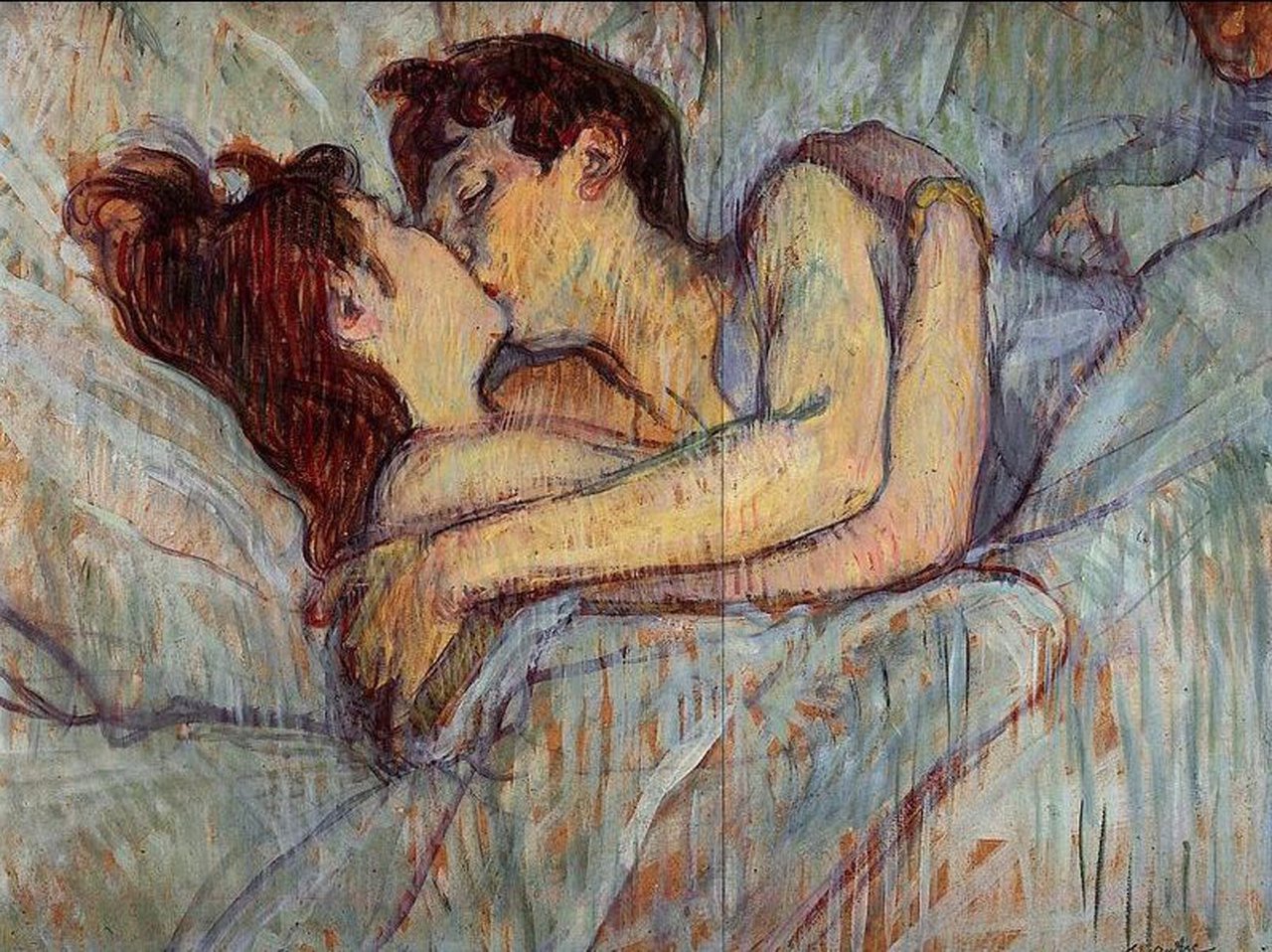
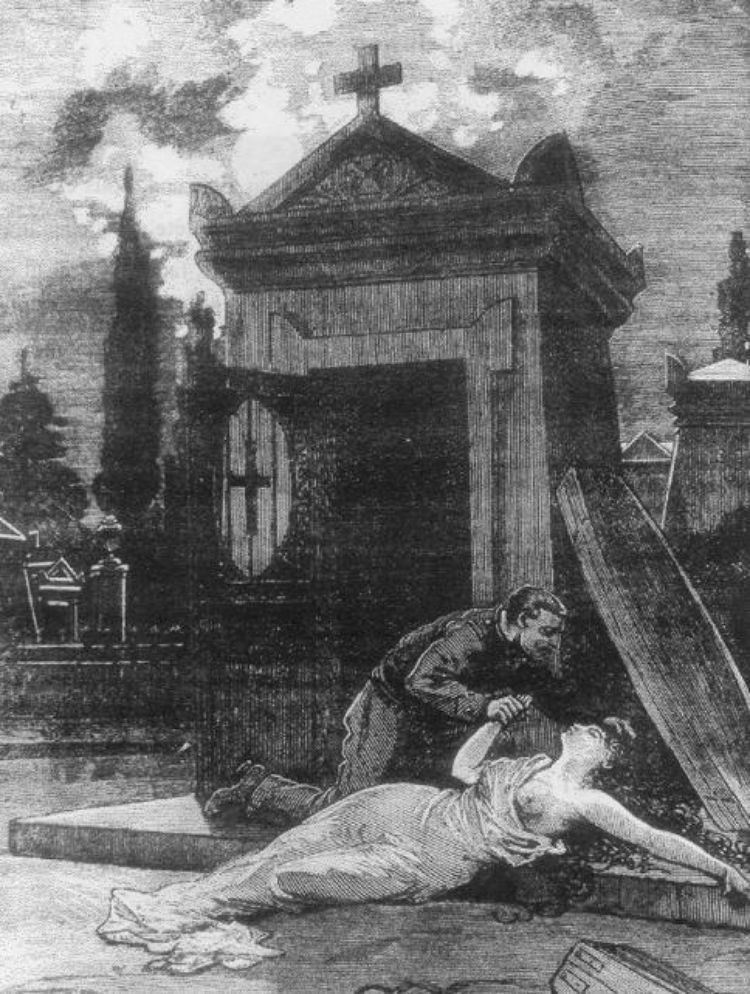
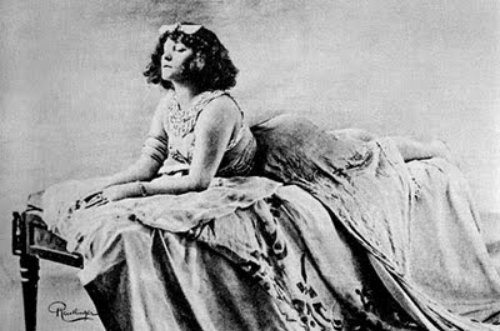
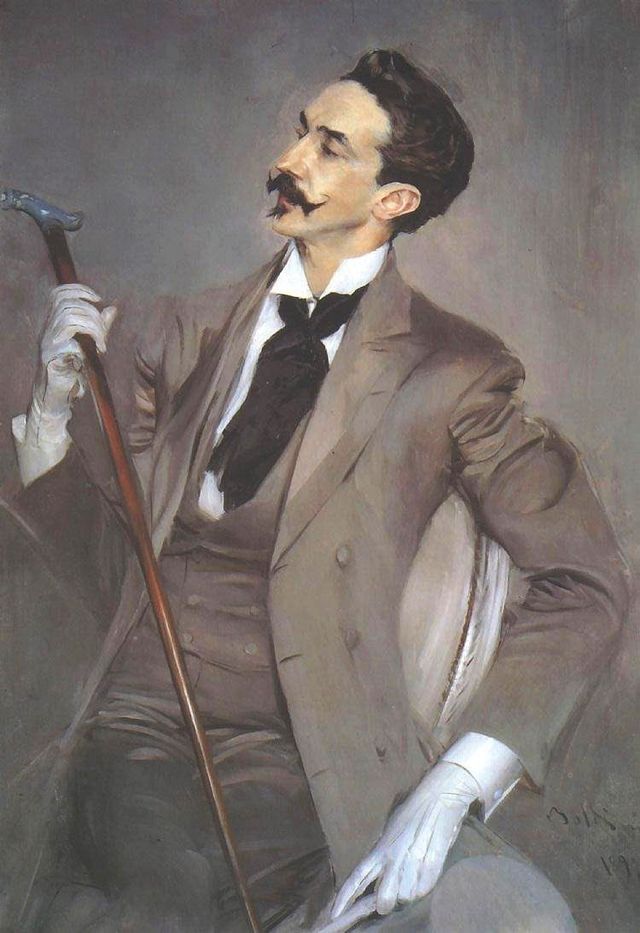
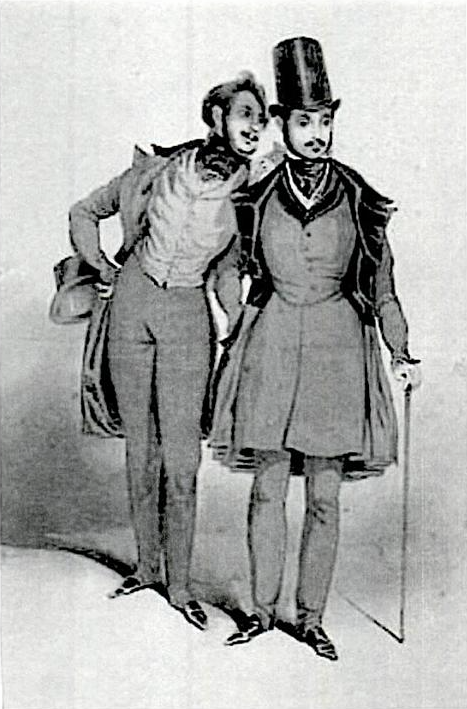
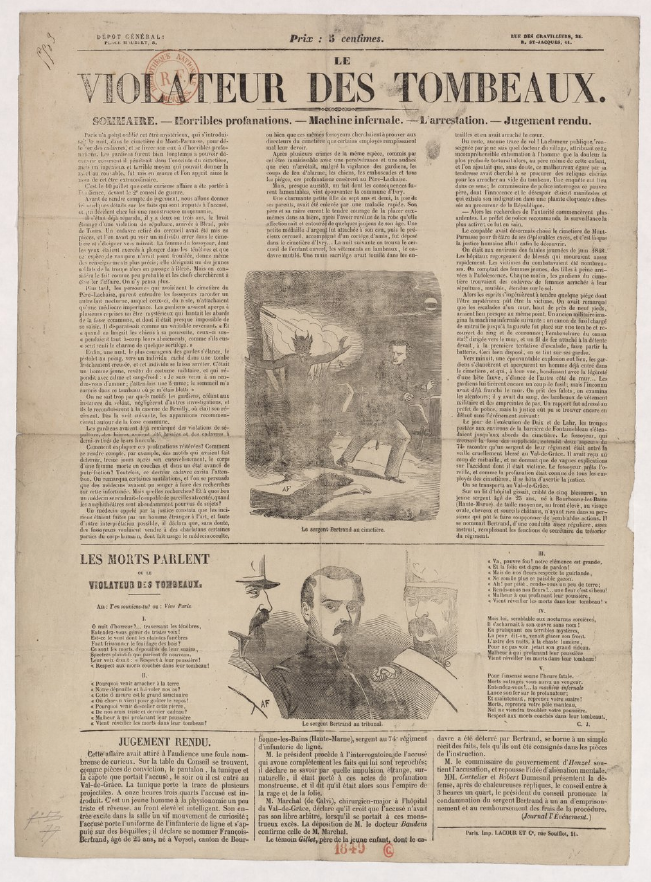
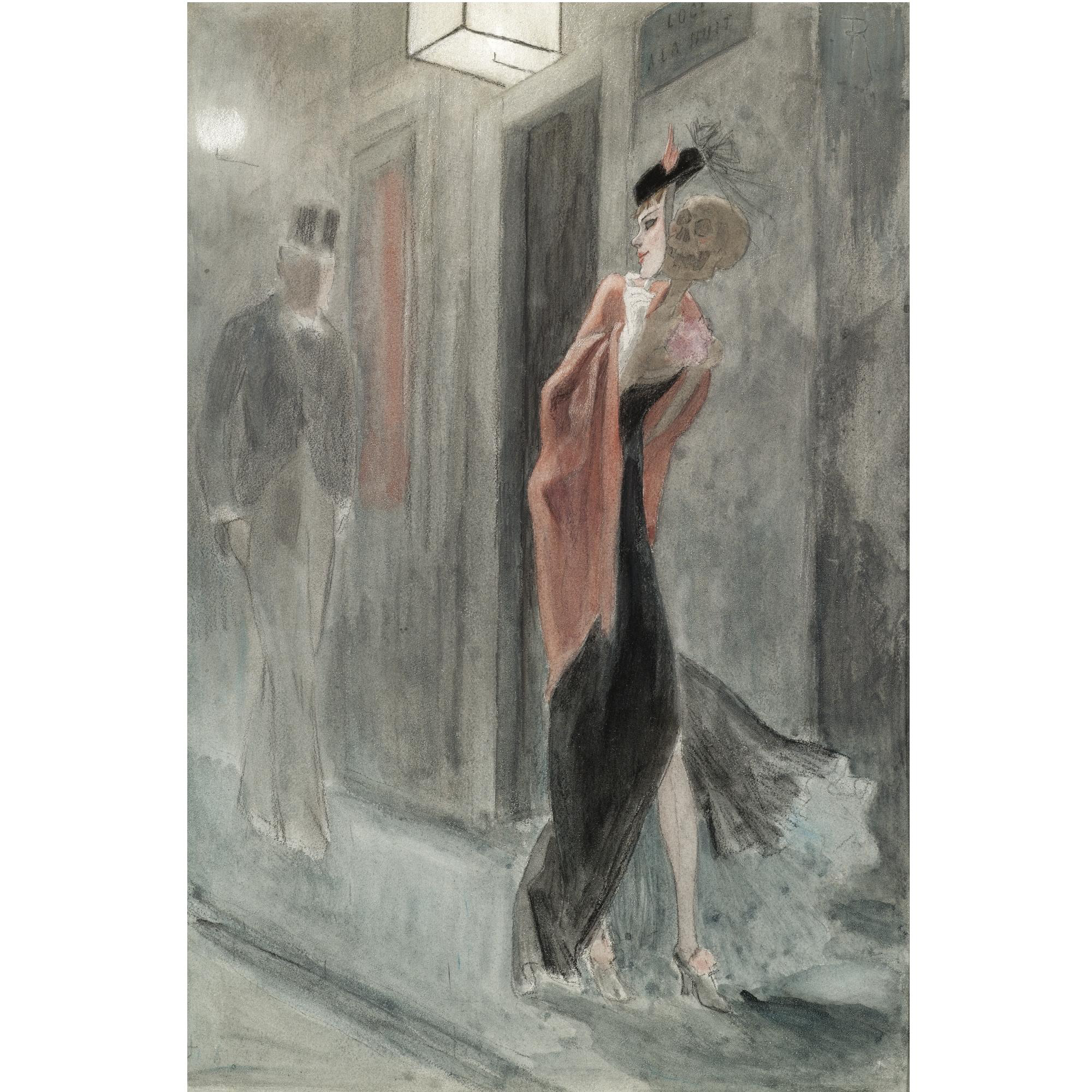









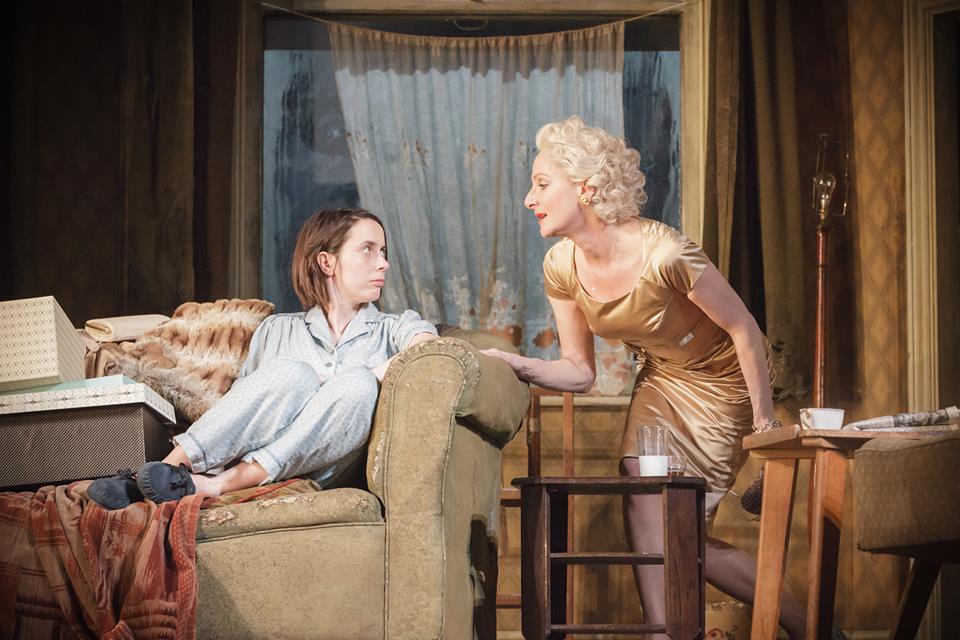



![photo[1].jpg](https://images.squarespace-cdn.com/content/v1/513c543ce4b0abff73bc0a82/1362919072201-PZO854G4SEB794DVOEI8/photo%5B1%5D.jpg)
